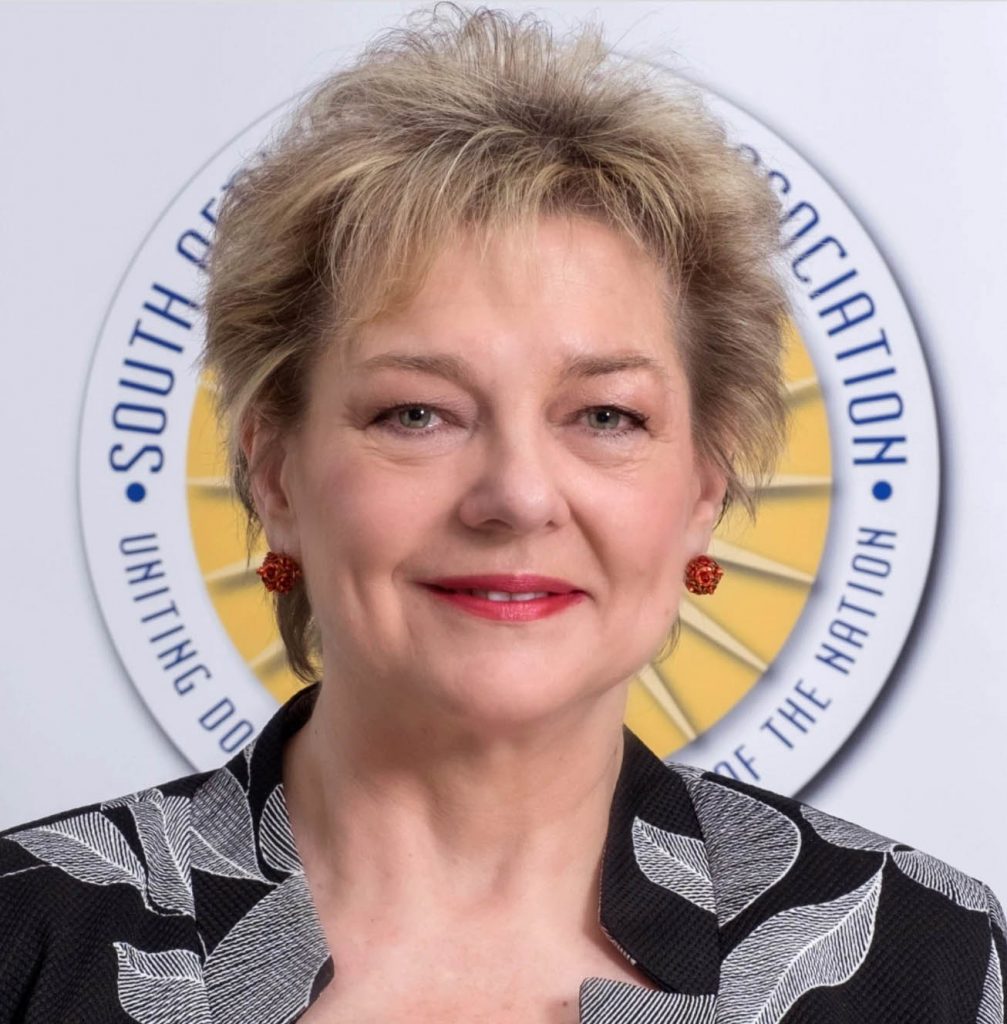Photo By [Mail & Guardian]
There is a grave concern surrounding the shortage of medical professionals in South Africa. Deemed a global issue, South Africa has one of the world’s lowest doctors-to-patient ratios.
As the World Health Organisation specifies, the average number of doctors per patient should be one doctor for every thousand patients.
The Minister of Health, Dr Joe Phaala, revealed there are 0.31 doctors per thousand patients. A decline from the 0.79 per thousand recorded in 2019.
When one compares the statistic to other countries, which have an average of approximately three doctors per thousand patients, it is a meagre figure. However, according to Dr Angelique Coetzee of the South African Medical Association, the actual estimates might be even lower.
Can we turn the situation around? Unlikely. Coetzee states that with the number of doctors declining, it would be challenging to address this issue in time to avert a national crisis.
“An organisation like SAMA can make noise, but I think the ship has already sailed, and it’s going to be extremely difficult to turn this Titanic around.”
SMread: Watch out for the health impacts of stress
Why Are Medical Professionals Leaving?
Various reasons contribute to the current decline of medical professionals in South Africa. Reports and surveys have indicated that medical specialists, doctors and nurses choose to emigrate due to their poor work environments, among other reasons, such as being understaffed, overworked and lacking essential resources to do their jobs.
The shortage of doctors is a global issue, and countries actively search for highly skilled and trained experts. As such, they are enticing South African medical professionals with better remuneration, working conditions and opportunities, especially if they are specialists in their medical fields.
Another contributing factor is many doctors and nurses remain unemployed in South Africa, despite the approximate 20 000 posts in the health system across all nine provinces that are vacant and not yet filled.
How Do We Address This Issue?
The health system issues are attributed to poor HR management, corruption, lack of confidence in the government and their financial capabilities. Coetzee said there must be a willingness by provincial health departments to address these problems and open up these vacant posts to stagnant medical professionals.
However, there is no urgency from national and local governments to address these issues. Coetzee states if the government cannot implement a succession framework which ensures medical students receive the necessary training to take over from ageing doctors and practitioners, the country will be in a critical state in the upcoming years.
Another contributing factor is the quality of medical training graduates receive from public hospitals. According to Coetzee, hospice-centric training is insufficient to carry doctors into the private sector. As a result, they stay in public health institutions with all their underlying issues and below-par skill set.
“[They are not] preparing them for what is happening out there in the private sector. In the private sector, one of the problems is that if you don’t work, you’re not going to get patients and if you don’t have good bedside manners. So, there’s a lot of things that you need to teach these youngsters.”
South African NHI Plans
National Health Insurance will provide South Africans with easily accessible and quality healthcare. However, with the declining number of medical professionals in the country, the government will be dooming the NHI in its current state.
At this point, however, Coetzee believes this shortage of doctors will not achieve the NHI’s desired outcome. It will not be able to function with nurses alone.
